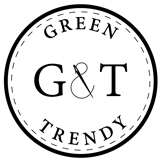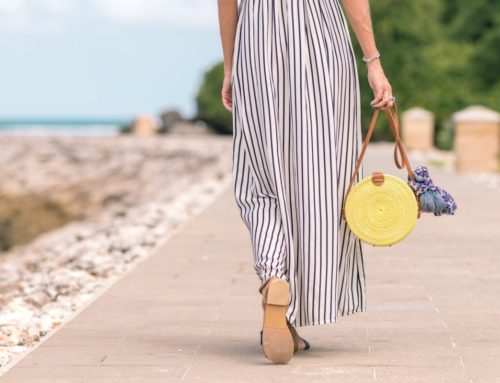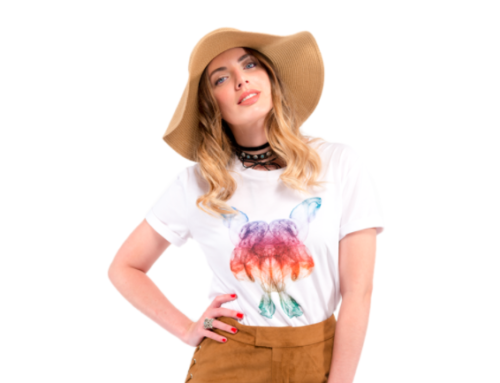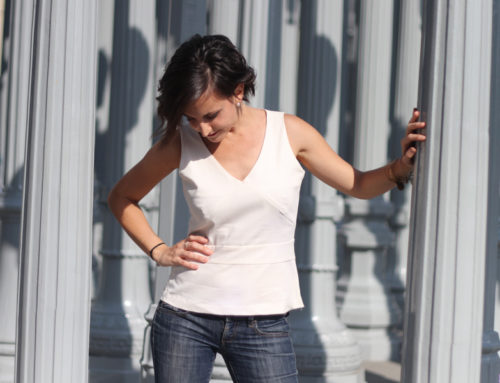
Por Raju de firiri
Sustaining sustainability for sustainable future has been a necessity and responsibility of all. It rose to the prominence of the mantra of almost every day. At the height of the waves of social awareness and responsible consumption, the sustainable fashion industry has sought its place through awareness raising, both to overturn aesthetic stereotypes and to show its advantages over traditional low cost fast fashion.
At the same time, it faces enormous challenges ahead. The market for decades has been dominated by low cost mass production giant who indeed have been manipulating the market share, the price, ignoring the fundamental labor rights and contaminating the environment. This puts small and individual brands in a position where it is extremely difficult to compete with.
In addition, brands within sustainable fashion sector invest in quality and organic fibers such as Organic Cotton and Himalayan Cashmere. They produce in small quantity and limited edition. This means higher quality, higher cost. It requires a huge initial capital investment that limits the subsequent ability to generate profit especially in short term. Some may find sustainable clothing expensive.
Organic and sustainable products are not necessarily mean to be costly. It is because we are getting used to buy cheap low quality products that does not last for long. Organic products have quality and are comfortable with durability made of natural fabrics. They are produced in small o limited quantity. It has a feel-good factor that people can enjoy wearing it.
Nonetheless, sustainable fashion industry is growing slowly but surely. In its survival stage, it is important for these brands not to try to compete with low cost giants but focusing on their own niche market by offering their clients something different, unique, useful and respectful to the environment and the planet as a whole.
People are more conscious about environmental impact in our planet. There are people who genuinely want to make a difference in the life of people in need. There are people who worry about scarce natural resources, and believe in fairer society.
Now, consumers are more knowledgeable and they have more power than ever before to boost brands that create value for the betterment of people and the planet, discouraging and eventually eliminating those that are cut at the cost of society. Therefore, at the beginning small and individual sustainable brands may struggle for survival. But for long term, brands with purpose and vision towards sustainability and fair society will go long way.
Sustainability is a process, not an endpoint. We all can try and produce as much sustainable and fairer way as it is possible. As consumers, we have a responsibility too. We have the right to choose a consumption habits that can contribute something towards environmental impact, climate change and social imbalances.







Leave A Comment